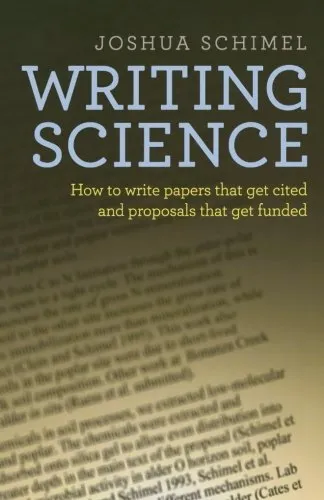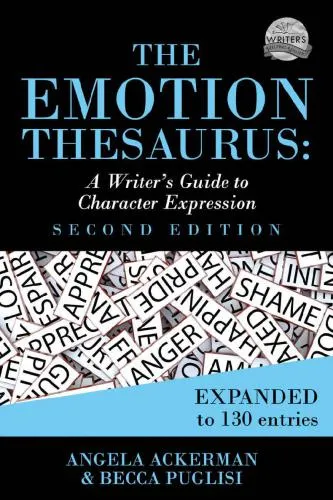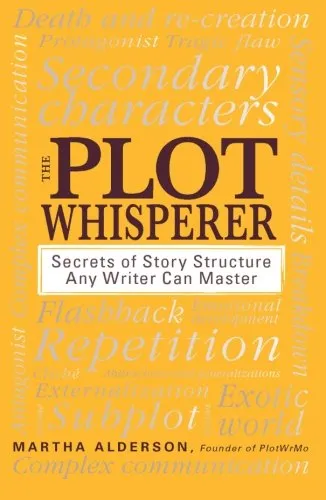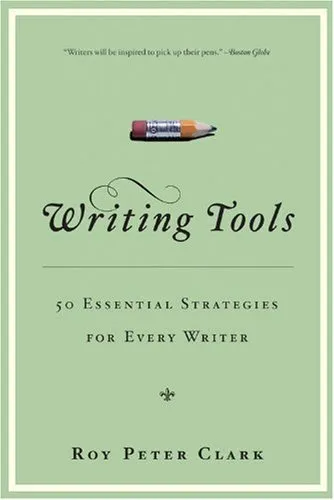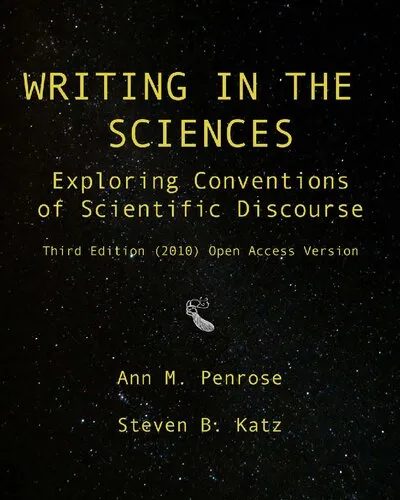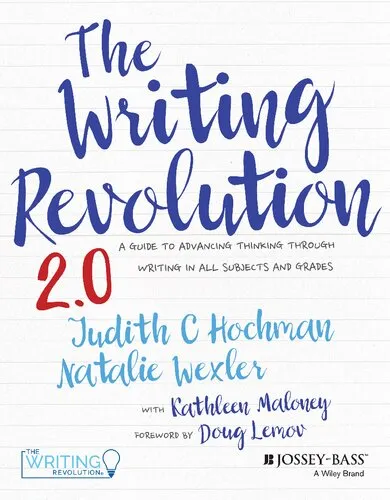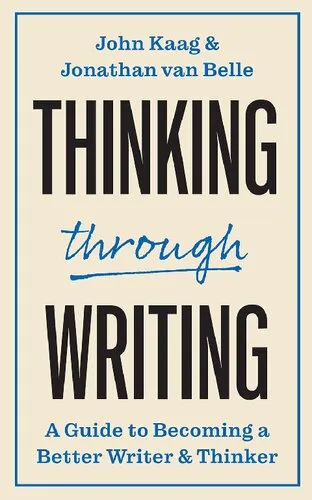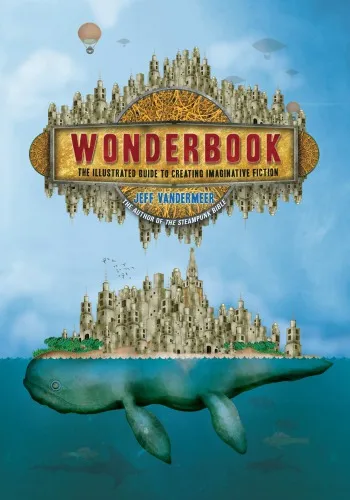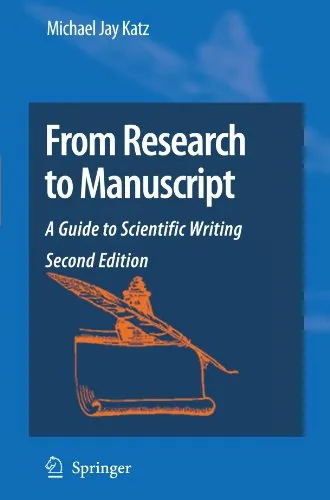Writing Science: How to Write Papers That Get Cited and Proposals That Get Funded
4.5
Reviews from our users

You Can Ask your questions from this book's AI after Login
Each download or ask from book AI costs 2 points. To earn more free points, please visit the Points Guide Page and complete some valuable actions.Related Refrences:
Welcome to the world of scientific writing mastery with "Writing Science: How to Write Papers That Get Cited and Proposals That Get Funded" by Joshua Schimel. This invaluable guide demystifies the intricate process of producing academic papers and proposals that not only capture attention but are also widely referenced and funded.
Detailed Summary of the Book
In "Writing Science", Joshua Schimel draws upon his extensive experience as a scientist, researcher, and educator to deliver a comprehensive roadmap for crafting impactful scientific documents. Divided into distinct parts, the book starts with emphasizing the importance of 'storytelling' in science. Schimel argues that effective scientific writing should not be a mere presentation of facts but a compelling narrative that leads the reader through the research journey.
The book delves into essential writing elements, including building a strong story structure with a clear beginning, middle, and end. Schimel guides readers through the nuances of articulation, focusing on clarity, simplicity, and vigor in writing. He expounds on the strategies to encapsulate complex scientific ideas succinctly yet thoroughly, a crucial skill that is often underestimated.
Further, the book offers a deep dive into the mechanics of writing, from grammar and style to coherence and syntax. It provides practical advice on avoiding common pitfalls like jargon, redundancy, and passive voice that plague many scientific writings. Schimel doesn't just tell you what makes good writing; he shows you how to achieve it.
Key Takeaways
- Scientific writing is storytelling: Great papers and proposals engage readers by presenting clear, compelling, and logically coherent narratives.
- Clarity over complexity: Simplicity in language and structure enhances understanding and engagement.
- Active voice and strong verbs: Effective writing is vigorous. Use active voice and strong verbs to make your points impactful.
- Iterative revision: Writing is rewriting. Expect to revise your work multiple times; feedback is critical to polishing your arguments.
Famous Quotes from the Book
“Writing is not a product, but a process—an inherently messy process.”
“Your language and story should serve your science, and never the other way around.”
Why This Book Matters
"Writing Science" goes beyond being a mere instructional manual; it is an insightful mentor in book form. At its core, the book advocates for a paradigm shift in academic writing—from presenting data to narrating an analytical story. This book matters because it addresses a fundamental challenge in scientific endeavors: communication. In a competitive research landscape, the ability to clearly articulate your ideas often determines success.
Joshua Schimel's authoritative yet approachable style makes the book accessible to both novice and experienced writers. The lessons within are not only applicable to scientific literature but extend to any field where the articulation of ideas is necessary. By empowering researchers to become better communicators, "Writing Science" enhances the dissemination and impact of scientific knowledge across disciplines.
Whether you are a graduate student preparing your first manuscript or a seasoned scholar aiming to refine your proposals, "Writing Science" is an essential companion that can elevate your writing to higher echelons of effectiveness and engagement.
Free Direct Download
You Can Download this book after Login
Accessing books through legal platforms and public libraries not only supports the rights of authors and publishers but also contributes to the sustainability of reading culture. Before downloading, please take a moment to consider these options.
Find this book on other platforms:
WorldCat helps you find books in libraries worldwide.
See ratings, reviews, and discussions on Goodreads.
Find and buy rare or used books on AbeBooks.
1469
بازدید4.5
امتیاز0
نظر98%
رضایتReviews:
4.5
Based on 0 users review
Questions & Answers
Ask questions about this book or help others by answering
No questions yet. Be the first to ask!
